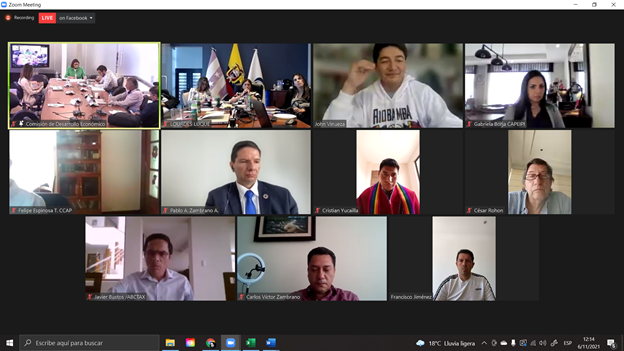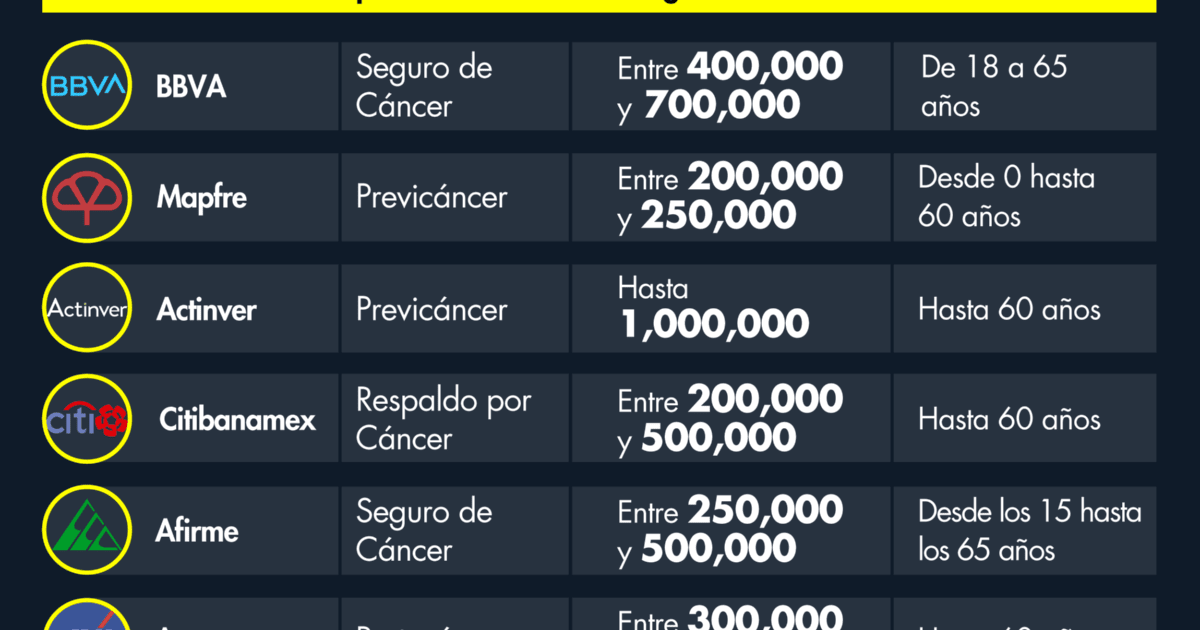The productive unions assure that it is not the moment to raise taxes. The temporary contribution to equity would reduce the investment potential by at least $ 1.2 billion.
During their appearance before the Economic Development Commission of the Assembly, the main productive unions rejected that temporary contributions have become permanent in the country.
Since 2016, companies have paid special taxes to get out of the crisis, but the State has not done its job in terms of spending and better services.
Felipe Ribadeneira, president of the Ecuadorian Business Committee (CEE), assured that the pandemic caused more than 20,000 companies to be dissolved and that nine out of ten existing businesses have registered a loss or profit of less than 1%
“The country’s economy has not overcome the pandemic. Measures are needed to help us reactivate ourselves. We know about the needs of the public sector, but we consider that another temporary tax is not an option that will help improve the quality of life of Ecuadorians, “he said.
According to Pablo Zambrano, president of the Chamber of Industries and Production (CIP), if the temporary contribution on equity is approved, included in the tax reform of the Government of Guillermo Lasso, companies will end up paying the equivalent of two income taxes during 2022 and 2023.
In the case of next year, between March and April, the last installment of the contribution created in the Tax Simplification Law (2019), the normal income tax, will have to be paid; and the new temporary tax on wealth
«Not by trying to keep milking the same cow, watch out, we kill the cow. There are times when it must be collected, and there are times when a tax moratorium must be made to allow companies to return to pre-pandemic levels, “said Ribadeneira.
The proposal of the productive unions is that, if they persist in approving more temporary contributions, the payment will serve as a tax credit to cover other obligations with the State from 2025.
In addition, they propose that companies contribute only once in 2023, and not two years as established in the bill sent by the executive.
Equity is not liquidity
According to businessmen, taxing equity is an anti-technical tax, since it does not distinguish companies with losses or low levels of liquidity.
Rodrigo Gómez de la Torre, president of the Chamber of Agriculture of the First Zone, pointed out that in a large part of the companies in the sector he represents have gross sales that reach 20% and 30% of their assets.
“Taxing productive or unproductive land is a fierce blow to agricultural production. We propose that the value of rural lands be eliminated in the tax because heritage has nothing to do with liquidity, “he said.
In addition, he stressed that the business sector has taken on the heavy blow of the crisis, and does not need more obstacles, but simplification and tax simplicity. That is, less taxes, but well charged. (JS)
DATA: – If the wealth tax is approved, the largest contributors will be the financial and insurance sectors (20.6%), manufacturing industry (19.2%), and commerce (18.6%).








